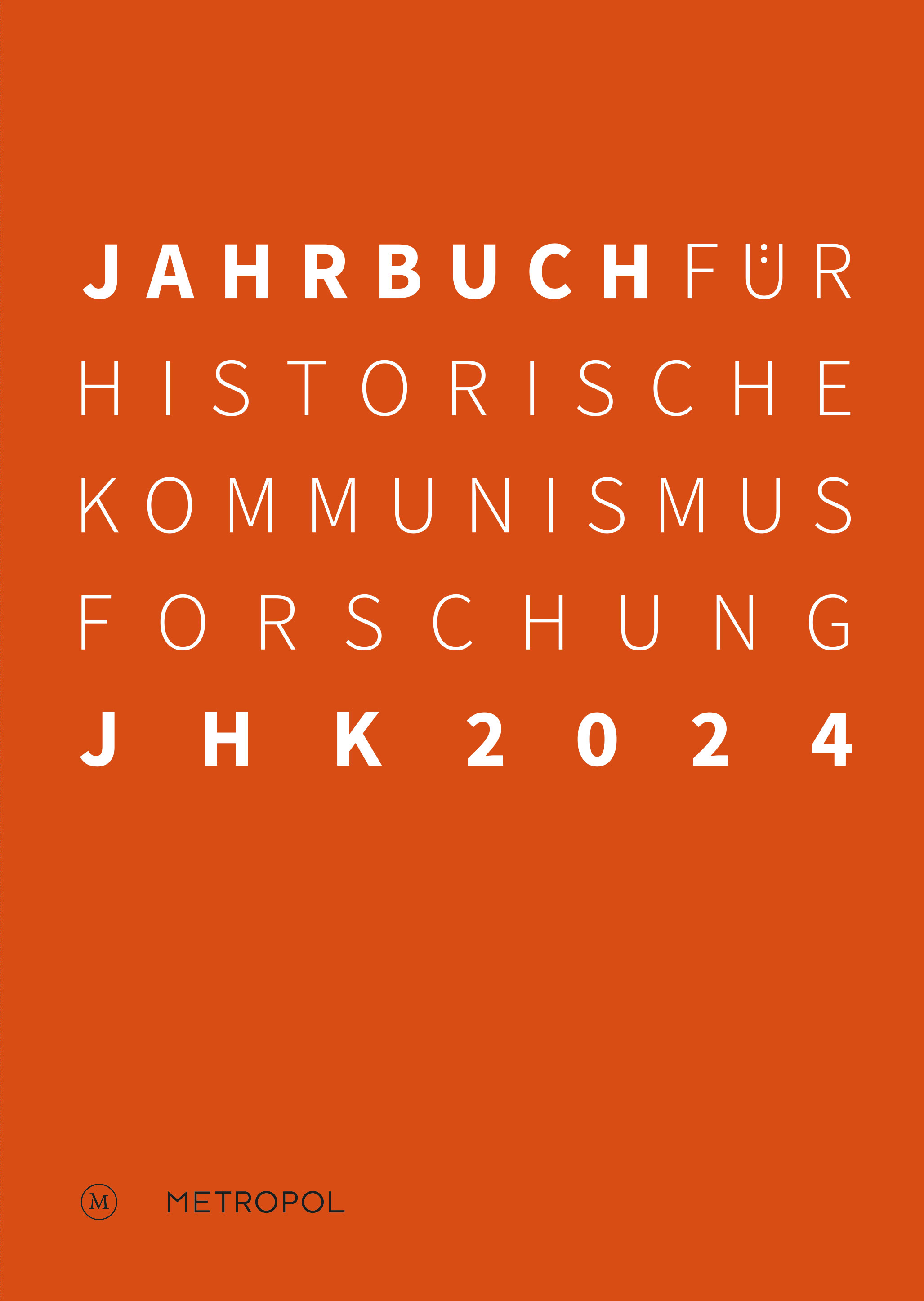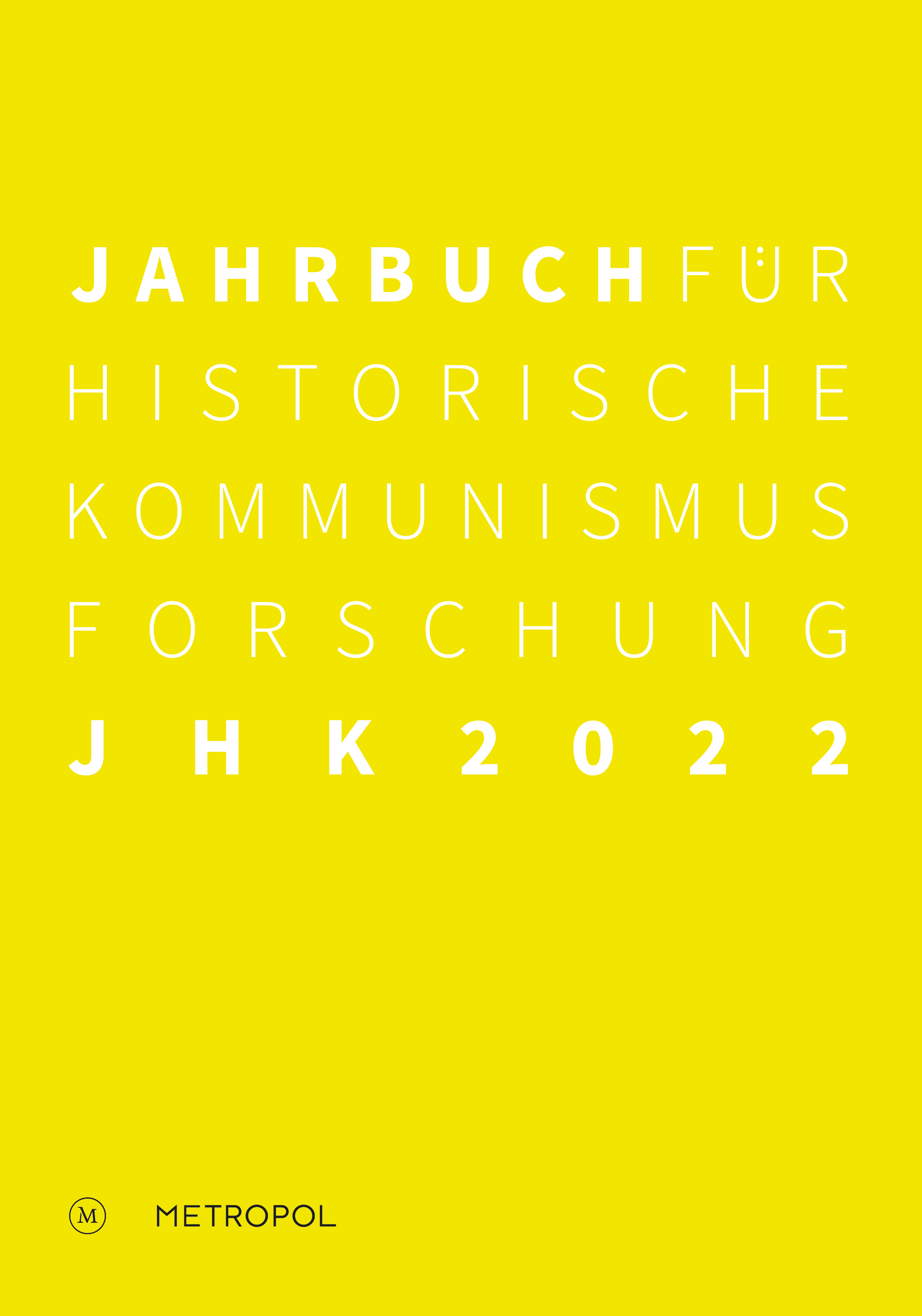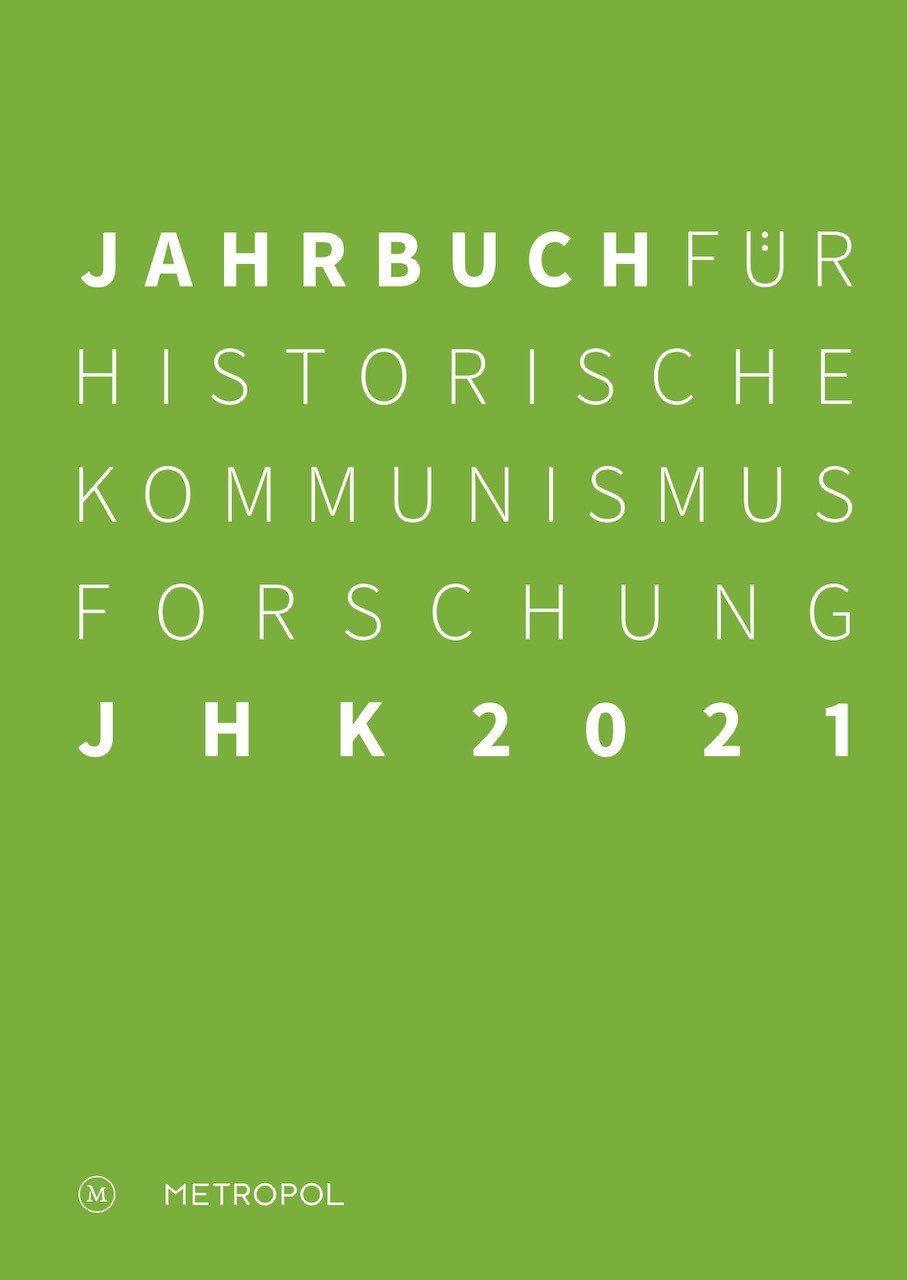Evgeny Kandilarov: Die chinesischen Reformen unter Deng Xiaoping und ihre Auswirkungen auf die bulgarischen Wirtschaftsreformen in den 1980er-Jahren, in: Jahrbuch für Historische Kommunismusforschung 2020. Berlin: Metropol Verlag, pp. 89-103.
Abstract
The aim of this study is to verify the hypothesis that in the final years of Bulgarian state and party leader Todor Zhivkov, during the Soviet “perestroika” of Mikhail Gorbachev, he turned to the strategic advantages of the Chinese model of reforms conducted by Deng Xiaoping, trying to follow China as a more effective and successful model of reforms of the socialist system. According to this hypothesis this was the reason for the worsening of Bulgarian-Soviet relations and finally resulted in the overthrow of Zhivkov by a coup organized and supported by the Soviet Union. On the basis of unpublished documents from the Bulgarian State and Diplomatic archives the aim here is to address several questions: was there a real impact of Deng Xiaoping’s reforms in Bulgaria, and did they somehow influence the decisions and actions of the Bulgarian government in the 190s? Is it true that Bulgaria drew on the Chinese model and the only reason for not continuing this trend was the overthrow of Todor Zhivkov? Is the implementation of the Chinese model in Bulgarian realities possible? Archival evidence shows that the Bulgarian reforms basically followed the general trends of the reforms in the whole Eastern bloc and especially those in the USSR. Similarities between Bulgarian and Chinese reforms are rather due to the similarities between Chinese and Soviet reforms than to direct Chinese influence on Bulgaria. Undoubtedly, Zhivkov and other Bulgarian officials in the 1980s were greatly impressed by the results of the Chinese reforms, and they hoped to benefit from the economic, scientific, and technological opportunities offered by the rapprochement with China. As a result, Bulgarian-Chinese bilateral relations improved at the end of the 1980s. But this does not mean there was a direct attempt to implement the “Chinese model” in Bulgaria. Zhivkov was happy that the actions of the Chinese leaders (especially Deng Xiaoping) largely coincided with his understanding of the main purpose of Bulgarian reforms.
Über den Autor
Evgenij Kandilarov, außerordentlicher Professor. Historiker an der St. Kliment Ohridski-Universität in Sofia/Bulgarien mit Lehrveranstaltungen zu den Beziehungen Bulgariens und den Ländern Ostasiens. Forschungsschwerpunkte u. a.: moderne und zeitgenössische bulgarische und weltpolitische, wirtschaftliche und kulturelle Geschichte zur Zeit des Kalten Krieges (mit Schwerpunkt Bulgarien und ostasiatische Länder), chinesisch-sowjetische Spaltung und Paradigmenwechsel im Kalten Krieg sowie japanische Nachkriegsentwicklung. Veröffentlichungen in bulgarischer Sprache u. a.: Ostasien und Bulgarien, Sofia 2016; Japan. Wirtschaft, Technologien, Innovationen und Management, Sofia 2012 (mit Nako Stefanov); Bulgarien und Japan. Vom Kalten Krieg bis ins 21. Jahrhundert, Sofia 2009.



